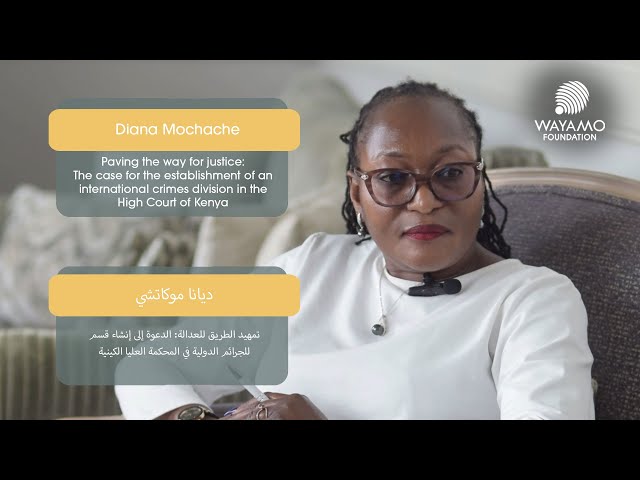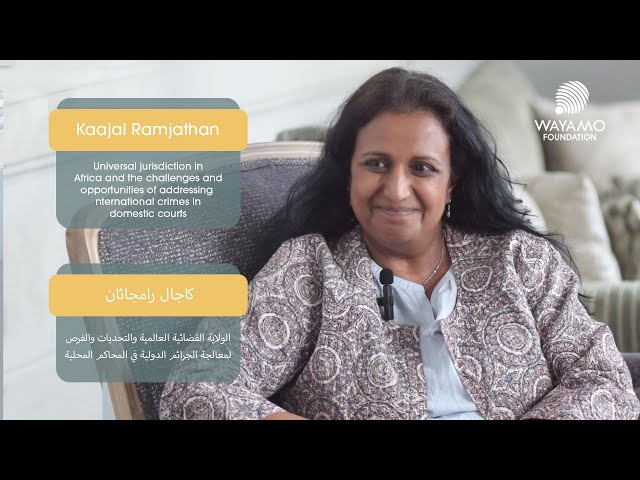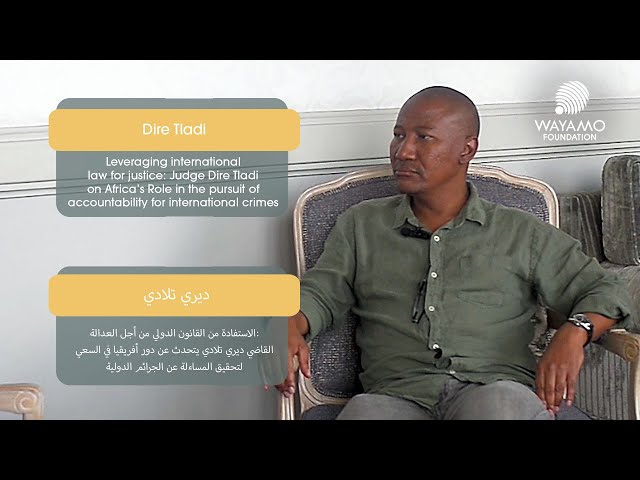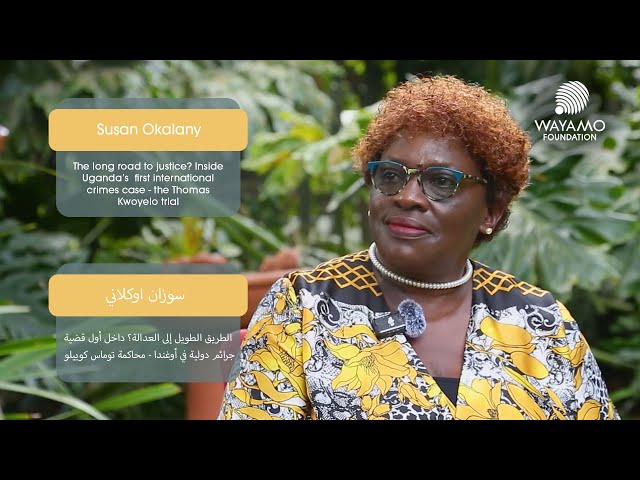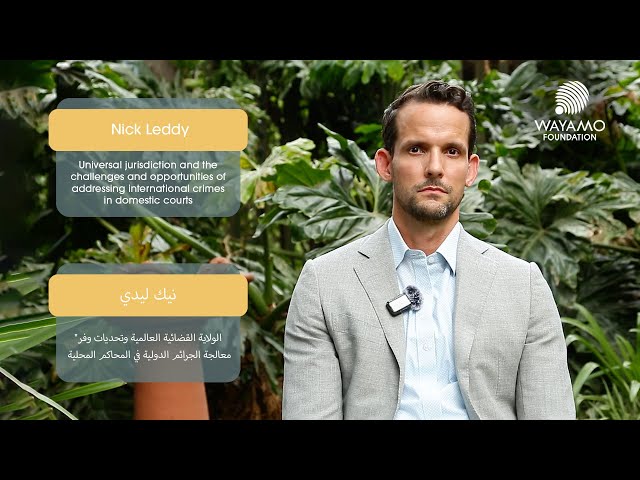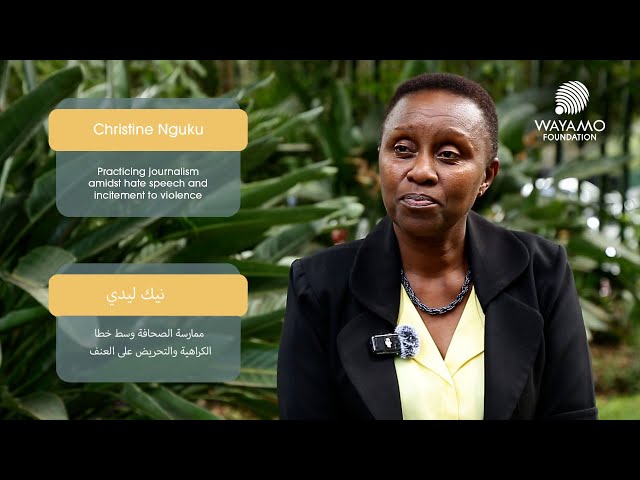In this interview, Amanda Ghahremani, Legal Consultant, International Criminal Law and Redress for Survivors of Atrocity Crimes, delves into the nuances of documentation of human rights violations and international crimes by civil society actors, distinguishing between when it is done for purposes of advocacy and accountability. In addition, she discusses the key ethical considerations in such endeavours. Moreover, she explores the concept of universal jurisdiction, its significance, and potential application in regions like East Africa. Additionally, she discusses some common hurdles encountered by countries in implementing universal jurisdiction and explores ways to overcome these challenges to achieve justice and accountability on behalf of victims.
Time Stamps:
00:14 Differences between documentation for advocacy and for accountability purposes?
01:29 Ethical considerations to prioritise in civil society documentation efforts?
02:33 What is universal jurisdiction and why is it important?
04:10 Can universal jurisdiction be applied effectively in regions like East Africa for accountability?
05:50 What obstacles have other countries encountered in implementing universal jurisdiction, and how can they be overcome?

